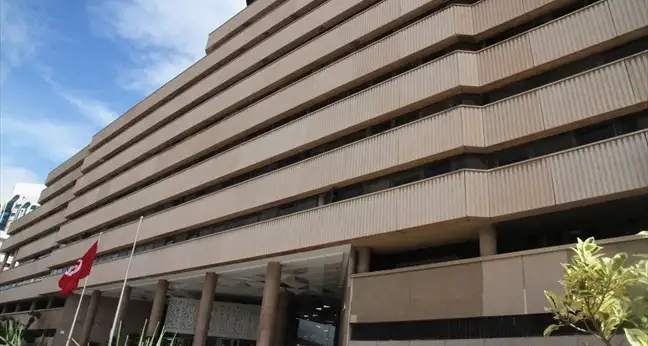The drop in the key rate of 50 base points decided by the Central Bank of Tunisia (BCT) does not convince experts. For Larbi Benbouhali, director in an investment bank in Australia, this measure remains purely symbolic in the face of the scale of the economic crisis.
With a day -to -day loan rate at 8.5%, the difference of 100 basic points with the key rate remains abnormally high – against only 25 points for the ECB. This distortion illustrates the ineffectiveness of monetary transmission in Tunisia.
Benbouhali calls for a six -component action plan: mobilization of 8 billion dinars via the Sukuk according to article 11 of the LF 2025, decrease in 20%corporate tax, repurchase of questionable banking claims, support for agricultural debt, targeted financing of strategic public enterprises, and tax amnesty to integrate the informal economy.
The BCT has certainly avoided excess of rigor, but without budgetary support, its policy will remain sterile. The State must support this orientation via deep reforms: rationalization of subsidies, restructuring of public enterprises and mobilization of alternative funding.
Without coordination between monetary policy and budget recovery, Tunisia may slide towards stagflation, with soft growth and persistent inflation. The ball is now in the government’s camp.








